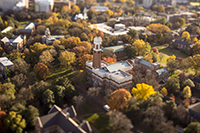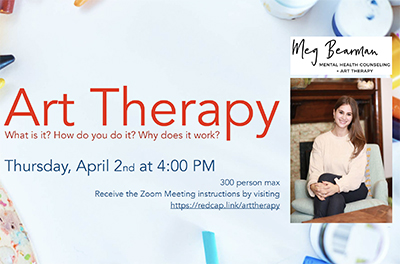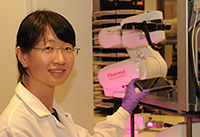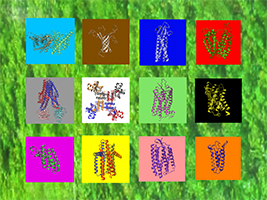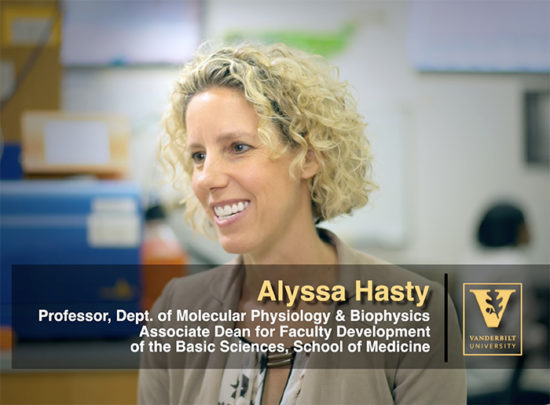From the Dean
 I hope you are well and maintaining appropriate distances and hygiene to minimize your chances of getting COVID-19. This is a nasty virus that is more infectious than a normal flu, causes extreme damage to respiratory epithelium, and depletes T cells to weaken the immune response. It doesn’t do it in everyone, but in those that it does, the outcomes are dire. It infects all segments of the population and has killed young as well as old, albeit in higher percentages in the latter. Possible high efficiency transmission in crowded settings is why Vanderbilt University sent all its undergraduates home and is finishing the semester using online methods. It’s also why we’ve ramped down laboratory research operations. This is a step that none of us could have contemplated three weeks ago, and yet it happened. I hope you are well and maintaining appropriate distances and hygiene to minimize your chances of getting COVID-19. This is a nasty virus that is more infectious than a normal flu, causes extreme damage to respiratory epithelium, and depletes T cells to weaken the immune response. It doesn’t do it in everyone, but in those that it does, the outcomes are dire. It infects all segments of the population and has killed young as well as old, albeit in higher percentages in the latter. Possible high efficiency transmission in crowded settings is why Vanderbilt University sent all its undergraduates home and is finishing the semester using online methods. It’s also why we’ve ramped down laboratory research operations. This is a step that none of us could have contemplated three weeks ago, and yet it happened.
I want to personally thank all of you for adhering to our requests to close down operations and to work from home. I realize it’s like asking a group of thoroughbred race horses to walk around a dog park, but one look at the hospitals in New York City and Bergamo, Italy, shows us what we are up against. Fortunately, our colleagues in the Medical Center have been laser focused on preparing for a possible onslaught of COVID-19 cases, so I feel our community is as prepared as it can be for whatever comes. Staying at home will reduce the number of cases they have to deal with.
We’ve all become proficient at conducting virtual meetings, seminars, symposia, and dissertation defenses inter alia. Our calendars are as busy as ever, and we are getting things done. My colleagues in the dean’s office summarize some of the changes we’ve made on short notice to maintain essential functions and to connect with our research groups and colleagues. Many of the adaptations are summarized at the COVID-19 site on the School of Medicine Basic Sciences website which complements the university and medical center websites. We’ve put up a lot of information, but if we’re missing something, please contact Stephen Doster.
How long will we be operating in this mode? It’s a little early to tell. The provost has convened a Public Health Advisory Task Force to help develop metrics that can be used to answer that question. Manny Ascano, Melinda Buntin, Marie Griffin, Allen Kaiser, Bill Schaffner, and Gregory Wilson represent the School of Medicine on the task force. We are fortunate to have such talented individuals with experience in infectious disease, public health, and public policy on our faculty. Hopefully, the steps we’ve taken in middle Tennessee to “flatten the curve” and the increased ability to test individuals will provide them data to conclude we can return to our labs and offices sooner rather than later.
If you find yourself spending a lot of time alone, reach out to friends and colleagues online. Stay connected and stay engaged. Zoom rooms, virtual coffees, meals, and celebrations are springing up all over the school. Take advantage of them. And take advantage of the resources that Vanderbilt offers if you need to talk with a counselor. They are summarized in the first link on our COVID-19 website. We’ll be getting back together again, and we want to see all of you – in person!
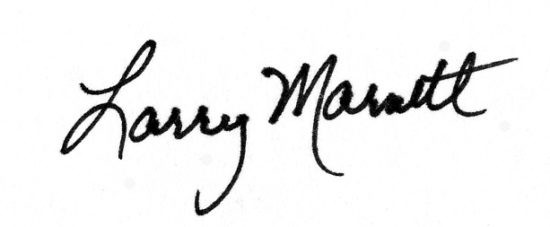
News
Updates from your associate deans

Read about how each of your associate deans has been working to mitigate the impact of COVID-19 at Vanderbilt, and how that affects all of us—from students to postdocs to faculty and staff.
Vanderbilt researchers develop potential COVID-19 antibodies
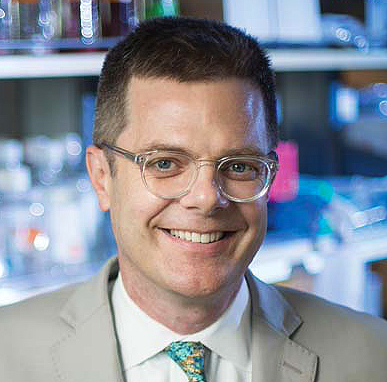 Vanderbilt Vaccine Center members have developed a comprehensive “toolkit” to identify and analyze antibodies isolated from the blood of survivors for their ability to neutralize SARS-CoV-2, the virus that causes COVID-19. James Crowe (Pediatrics), director of the VCC, aims to have antibodies ready for clinical trials by this summer. Vanderbilt Vaccine Center members have developed a comprehensive “toolkit” to identify and analyze antibodies isolated from the blood of survivors for their ability to neutralize SARS-CoV-2, the virus that causes COVID-19. James Crowe (Pediatrics), director of the VCC, aims to have antibodies ready for clinical trials by this summer.
No need to avoid ibuprofen
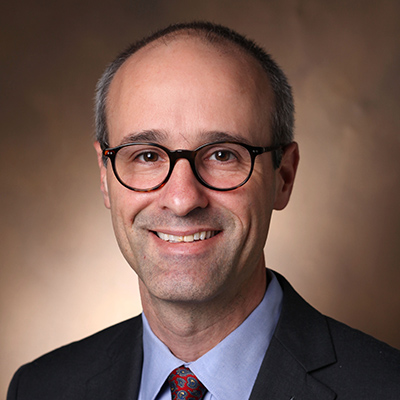 David Aronoff (Medicine) clarifies some doubts about the use of ibuprofen amid the COVID-19 pandemic. David Aronoff (Medicine) clarifies some doubts about the use of ibuprofen amid the COVID-19 pandemic.
Denison’s expertise tapped in coronavirus fight
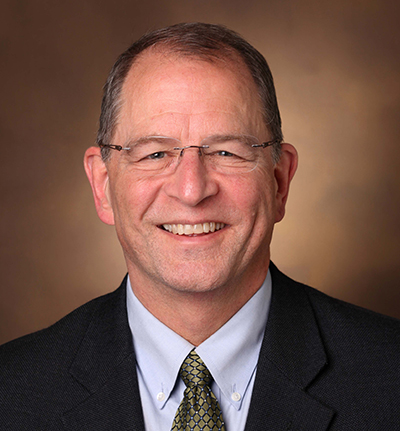 NPR recently interviewed Mark Denison (Pediatrics) on researchers’ approach to finding anti-COVID-19 antibodies, a strategy employed in the fight against other viruses like Ebola and Zika. NPR recently interviewed Mark Denison (Pediatrics) on researchers’ approach to finding anti-COVID-19 antibodies, a strategy employed in the fight against other viruses like Ebola and Zika.
Trainees gather in virtual spaces, cope with each other
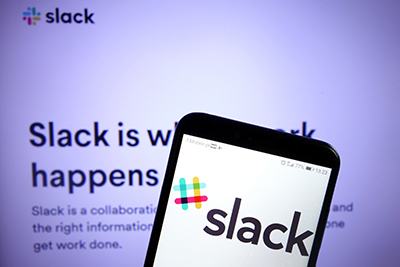 In these difficult times of self-isolation and uncertainty, graduate students and postdocs are leaning on one another and supporting each other through the use of kind words, offers of help, and science memes. The Postdoctoral Association has a Slack team for postdocs, and the BRET Office recently created one for graduate students. Click on the links to join each one. In these difficult times of self-isolation and uncertainty, graduate students and postdocs are leaning on one another and supporting each other through the use of kind words, offers of help, and science memes. The Postdoctoral Association has a Slack team for postdocs, and the BRET Office recently created one for graduate students. Click on the links to join each one.
Dissertation defenses go digital—and shine
 When the university made the call to cancel all university-sponsored non-athletic events in early March, it put some senior graduate students in a pickle: how would they defend their dissertation? While some omitted the public portion of their defense entirely, some students chose to take their expertise to virtual audiences. When the university made the call to cancel all university-sponsored non-athletic events in early March, it put some senior graduate students in a pickle: how would they defend their dissertation? While some omitted the public portion of their defense entirely, some students chose to take their expertise to virtual audiences.
MPB hosts digital faculty recruitment
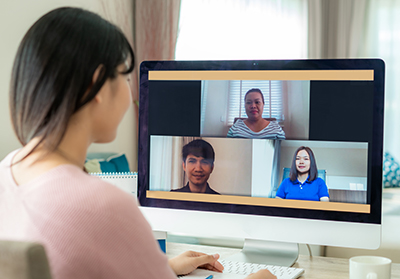 Although the Department of Molecular Physiology and Biophysics had already hosted two sets of faculty candidates, there was one group left. With social distancing and remote work measures enacted, the department took its interview efforts to the digital realm. Although the Department of Molecular Physiology and Biophysics had already hosted two sets of faculty candidates, there was one group left. With social distancing and remote work measures enacted, the department took its interview efforts to the digital realm.
Doudna to receive Vanderbilt Prize
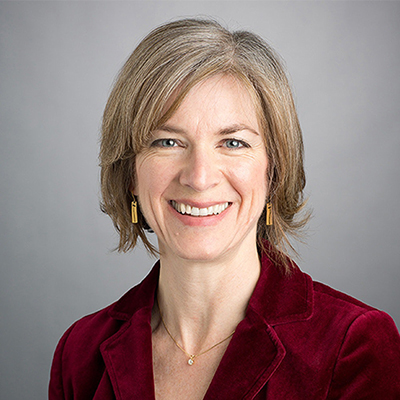 Jennifer Doudna, Li Ka Shing Chancellor’s Professor of Biomedical Science at the University of California, Berkeley, will receive the 2020 Vanderbilt Prize. The prize recognizes women scientists with a stellar record of research accomplishments who also have made significant contributions to mentoring other women in science. Jennifer Doudna, Li Ka Shing Chancellor’s Professor of Biomedical Science at the University of California, Berkeley, will receive the 2020 Vanderbilt Prize. The prize recognizes women scientists with a stellar record of research accomplishments who also have made significant contributions to mentoring other women in science.
Biochemical Society lauds Eichman
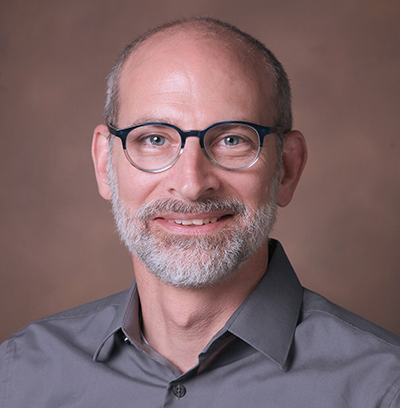 The UK’s Biochemical Society has announced that Brandt Eichman (Biological Sciences) will receive its 2021 International Award. The award is destined toward early- or mid-career scientists and recognizes outstanding and independent research that illustrates the importance of the molecular biosciences in the advancement of life sciences research. The UK’s Biochemical Society has announced that Brandt Eichman (Biological Sciences) will receive its 2021 International Award. The award is destined toward early- or mid-career scientists and recognizes outstanding and independent research that illustrates the importance of the molecular biosciences in the advancement of life sciences research.
American Academy of Microbiology welcomes Aiken, Rollins-Smith
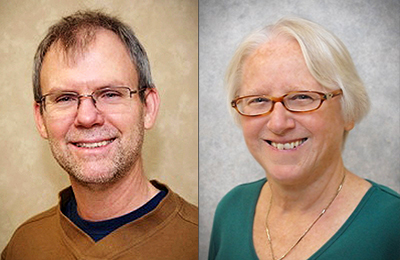 The AAM has elected 68 new fellows to join its ranks, including Chris Aiken (PMI) and Louise Rollins-Smith (PMI). The fellows all represent subspecialties of the microbial sciences and are involved in basic and applied research, teaching, public health, industry, and government service. The AAM has elected 68 new fellows to join its ranks, including Chris Aiken (PMI) and Louise Rollins-Smith (PMI). The fellows all represent subspecialties of the microbial sciences and are involved in basic and applied research, teaching, public health, industry, and government service.
GSA recognizes Bordenstein’s outreach
 The Genetic Society of America will present Seth Bordenstein the Elizabeth W. Jones Award for Excellence in Education in recognition of his efforts to bring world-class scientific research on microbiomes into middle school, high school, and college biology classes. The Genetic Society of America will present Seth Bordenstein the Elizabeth W. Jones Award for Excellence in Education in recognition of his efforts to bring world-class scientific research on microbiomes into middle school, high school, and college biology classes.
Research staff recognized
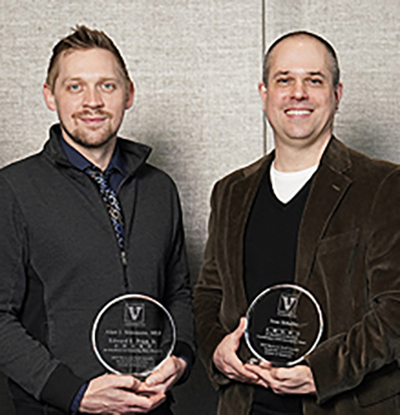 Last month, the medical center honored three research staff members, including two staff from Basic Sciences: Joey Simmons and Sean Schaffer. Alan “Joey” Simmons is a senior research specialist and lab manager in Ken Lau’s lab in the Department of Cell and Developmental Biology. Simmons received the Edward E. Price Jr. Award for Excellence in Basic Research. Schaffer is a senior research specialist in the Cell Imaging Shared Resource (CISR) and received the Award for Excellence in Research Contributing to Multi-Investigator Teams. Last month, the medical center honored three research staff members, including two staff from Basic Sciences: Joey Simmons and Sean Schaffer. Alan “Joey” Simmons is a senior research specialist and lab manager in Ken Lau’s lab in the Department of Cell and Developmental Biology. Simmons received the Edward E. Price Jr. Award for Excellence in Basic Research. Schaffer is a senior research specialist in the Cell Imaging Shared Resource (CISR) and received the Award for Excellence in Research Contributing to Multi-Investigator Teams.
Global Voices Fellows announced
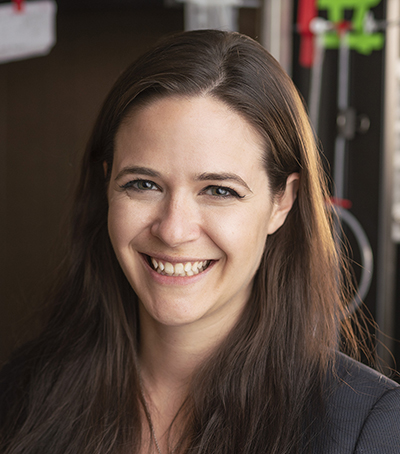 Three faculty have been named 2020 Global Voices Fellows, including Erin Calipari (Pharmacology). Calipari plans to enhance her communication skills to facilitate educating general audiences about her research. Through her outreach, she hopes to reduce the incidence of substance use disorders, prevent overdose deaths, and encourage treatment. Three faculty have been named 2020 Global Voices Fellows, including Erin Calipari (Pharmacology). Calipari plans to enhance her communication skills to facilitate educating general audiences about her research. Through her outreach, she hopes to reduce the incidence of substance use disorders, prevent overdose deaths, and encourage treatment.
Blog on ESI extension requests wins award
Edge for Scholars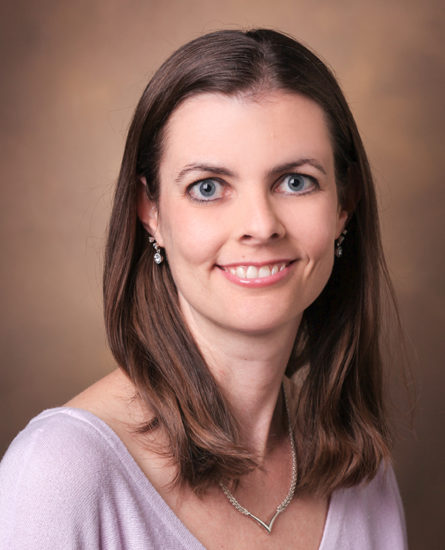 recently named Rachel Bonami (Medicine) as its Pay It Forward blog contest winner for her blog post on requesting an Early Stage Investigator extension request for childbirth/adoption. recently named Rachel Bonami (Medicine) as its Pay It Forward blog contest winner for her blog post on requesting an Early Stage Investigator extension request for childbirth/adoption.
Graduate students give interviewing recruits virtual tour
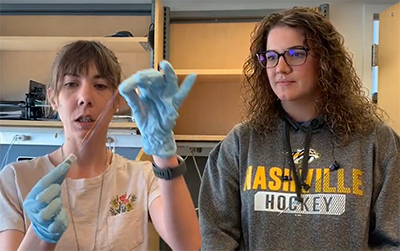 Thanks to the ongoing pandemic, the last of the IGP/QCB interviews had to be done virtually, so the interviewees missed out on touring the campus. Not to be deterred, current grad students put together a video giving recruits a taste of campus, their labs, and their favorite Nashville activities. Check it out on YouTube! Thanks to the ongoing pandemic, the last of the IGP/QCB interviews had to be done virtually, so the interviewees missed out on touring the campus. Not to be deterred, current grad students put together a video giving recruits a taste of campus, their labs, and their favorite Nashville activities. Check it out on YouTube!
Trainee efforts recognized through fellowships
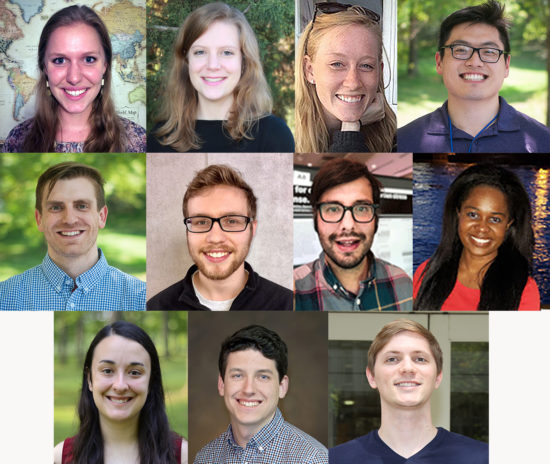 The following students and postdocs have been recently awarded fellowships: Shannon Smith (Jens Meiler lab, Chemistry) and Alexandra Blee (Walter Chazin lab, Biochemistry) from NCI; Abby Smith (Jeff Johnston lab, Chemistry), David Wu (Antonis Hatzopoulos lab, Medicine), Duncan Smart (Meena Madhur lab, Medicine), and Ethan Joll (David Merryman, Biomedical Engineering) from NHLBI; Kavi Mehta (David Cortez lab, Biochemistry) and Elleansar Okwei (Meiler lab) from NIGMS; Evonne McArthur (Tony Capra lab, Biological Sciences) from the NHGRI; Michael Doyle (James Crowe lab, Pediatrics) from NIAID; and Matthew Cottam (Alyssa Hasty lab, MPB) from NIDDKD. The following students and postdocs have been recently awarded fellowships: Shannon Smith (Jens Meiler lab, Chemistry) and Alexandra Blee (Walter Chazin lab, Biochemistry) from NCI; Abby Smith (Jeff Johnston lab, Chemistry), David Wu (Antonis Hatzopoulos lab, Medicine), Duncan Smart (Meena Madhur lab, Medicine), and Ethan Joll (David Merryman, Biomedical Engineering) from NHLBI; Kavi Mehta (David Cortez lab, Biochemistry) and Elleansar Okwei (Meiler lab) from NIGMS; Evonne McArthur (Tony Capra lab, Biological Sciences) from the NHGRI; Michael Doyle (James Crowe lab, Pediatrics) from NIAID; and Matthew Cottam (Alyssa Hasty lab, MPB) from NIDDKD.
External Funding Opportunities
Urgent competitive revisions to NIGMS grants to address the coronavirus pandemic
NIGMS has released a notice of special interest to highlight the urgent need for research on SARS-CoV-2 and Coronavirus Disease 2019 (COVID-19). NIGMS will accept the submission of applications for Competitive Revisions to active grants to address only the following research areas of interest:
- Incorporation of data related to SARS-CoV-2 into ongoing research efforts to develop predictive models for the spread of SARS-CoV-2 and other related infectious agents (all relevant grants).
- Repurposing or modification of diagnostic tools currently under development to enable rapid detection of SARS-CoV-2 infection (SBIR/STTR grants only).
- Rapid development of potential therapeutic agents for COVID-19 (SBIR/STTR only).
Applications will be accepted on a rolling basis until February 5, 2021.
Database of COVID-19 funding opportunities
The medical center has compiled a regularly updated list of COVID-19-related general, federal, and non-federal funding opportunities.
NIH S10 Instrumentation Program
The NIH S10 grants program will continue as usual this year, with a June 1 applications deadline. We ask Vanderbilt University investigators wishing to submit S10 proposals to do their best to get their internal pre-applications submitted in time for the standard April 2 deadline. At the very least, you will need to start your pre-application by April 2 via the RedCap interface and identify what equipment you wish to apply for (it is possible to start your RedCap survey and then return to it later to complete it). If extra time is needed for full completion of your pre-applications, we can accept completed pre-apps through April 16. Instructions for the S10 application process are found here. If you have questions, please contact Chuck Sanders.
For VUMC-based investigators the April 2 pre-application deadline will remain in place. You can find the application instructions for VUMC faculty here and send any questions you have to Amy Martinez.
NIH F33 grant open for NIGMS-funded PIs
This F33 is targeted toward experienced scientists who wish to make major changes in the direction of their research careers or who wish to broaden their scientific background by acquiring new research capabilities. Standard application dates apply to this grant (next deadline: April 8). Visit the program announcement for more details.
Internal Funding Opportunities
VU Bridge Program
Primary Basic Sciences faculty with lapses in federal grant support are invited to apply for this program. The next submission deadline for Bridge/Realignment Grant funding is May 15. The instructions for submission of proposals have been completely overhauled and have been posted on the VBS website. It is critical that faculty who wish to apply follow the posted instructions.
| ![CAS - Basic Sciences - Internal E-Newsletter [Vanderbilt University]](https://cdn.vanderbilt.edu/vu-URL/wp-content/uploads/sites/119/2021/04/19142723/basically-speaking-banner-04-2021.jpg)
 I hope you are well and maintaining appropriate distances and hygiene to minimize your chances of getting COVID-19. This is a nasty virus that is more infectious than a normal flu, causes extreme damage to respiratory epithelium, and depletes T cells to weaken the immune response. It doesn’t do it in everyone, but in those that it does, the
I hope you are well and maintaining appropriate distances and hygiene to minimize your chances of getting COVID-19. This is a nasty virus that is more infectious than a normal flu, causes extreme damage to respiratory epithelium, and depletes T cells to weaken the immune response. It doesn’t do it in everyone, but in those that it does, the 

 Vanderbilt Vaccine Center members have developed a
Vanderbilt Vaccine Center members have developed a  David Aronoff (Medicine) clarifies some doubts about the use of
David Aronoff (Medicine) clarifies some doubts about the use of  NPR
NPR  In these difficult times of self-isolation and uncertainty, graduate students and postdocs are leaning on one another and supporting each other through the use of kind words, offers of help, and science memes. The Postdoctoral Association has a Slack team for
In these difficult times of self-isolation and uncertainty, graduate students and postdocs are leaning on one another and supporting each other through the use of kind words, offers of help, and science memes. The Postdoctoral Association has a Slack team for  When the university made the call to cancel all university-sponsored non-athletic events in early March, it put some senior graduate students in a pickle: how would they defend their dissertation? While some omitted the public portion of their defense entirely, some students chose to take their expertise to
When the university made the call to cancel all university-sponsored non-athletic events in early March, it put some senior graduate students in a pickle: how would they defend their dissertation? While some omitted the public portion of their defense entirely, some students chose to take their expertise to  Although the Department of Molecular Physiology and Biophysics had already hosted two sets of faculty candidates, there was one group left. With social distancing and remote work measures enacted, the department took its interview efforts to the
Although the Department of Molecular Physiology and Biophysics had already hosted two sets of faculty candidates, there was one group left. With social distancing and remote work measures enacted, the department took its interview efforts to the  Jennifer Doudna, Li Ka Shing Chancellor’s Professor of Biomedical Science at the University of California, Berkeley,
Jennifer Doudna, Li Ka Shing Chancellor’s Professor of Biomedical Science at the University of California, Berkeley,  The UK’s Biochemical Society
The UK’s Biochemical Society  The
The  The
The  Last month, the medical center honored three
Last month, the medical center honored three  Three faculty have been named 2020
Three faculty have been named 2020 
 Thanks to the ongoing pandemic, the last of the IGP/QCB interviews had to be done virtually, so the interviewees missed out on touring the campus. Not to be deterred, current grad students put together a video giving recruits a taste of campus, their labs, and their favorite Nashville activities. Check it out on
Thanks to the ongoing pandemic, the last of the IGP/QCB interviews had to be done virtually, so the interviewees missed out on touring the campus. Not to be deterred, current grad students put together a video giving recruits a taste of campus, their labs, and their favorite Nashville activities. Check it out on  The following students and postdocs have been recently awarded fellowships: Shannon Smith (Jens Meiler lab, Chemistry) and Alexandra Blee (Walter Chazin lab, Biochemistry) from NCI; Abby Smith (Jeff Johnston lab, Chemistry), David Wu (Antonis Hatzopoulos lab, Medicine), Duncan Smart (Meena Madhur lab, Medicine), and Ethan Joll (David Merryman, Biomedical Engineering) from NHLBI; Kavi Mehta (David Cortez lab, Biochemistry) and Elleansar Okwei (Meiler lab) from NIGMS; Evonne McArthur (Tony Capra lab, Biological Sciences) from the NHGRI; Michael Doyle (James Crowe lab, Pediatrics) from NIAID; and Matthew Cottam (Alyssa Hasty lab, MPB) from NIDDKD.
The following students and postdocs have been recently awarded fellowships: Shannon Smith (Jens Meiler lab, Chemistry) and Alexandra Blee (Walter Chazin lab, Biochemistry) from NCI; Abby Smith (Jeff Johnston lab, Chemistry), David Wu (Antonis Hatzopoulos lab, Medicine), Duncan Smart (Meena Madhur lab, Medicine), and Ethan Joll (David Merryman, Biomedical Engineering) from NHLBI; Kavi Mehta (David Cortez lab, Biochemistry) and Elleansar Okwei (Meiler lab) from NIGMS; Evonne McArthur (Tony Capra lab, Biological Sciences) from the NHGRI; Michael Doyle (James Crowe lab, Pediatrics) from NIAID; and Matthew Cottam (Alyssa Hasty lab, MPB) from NIDDKD.
